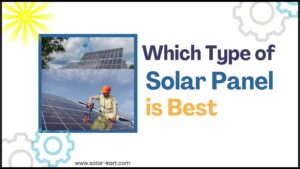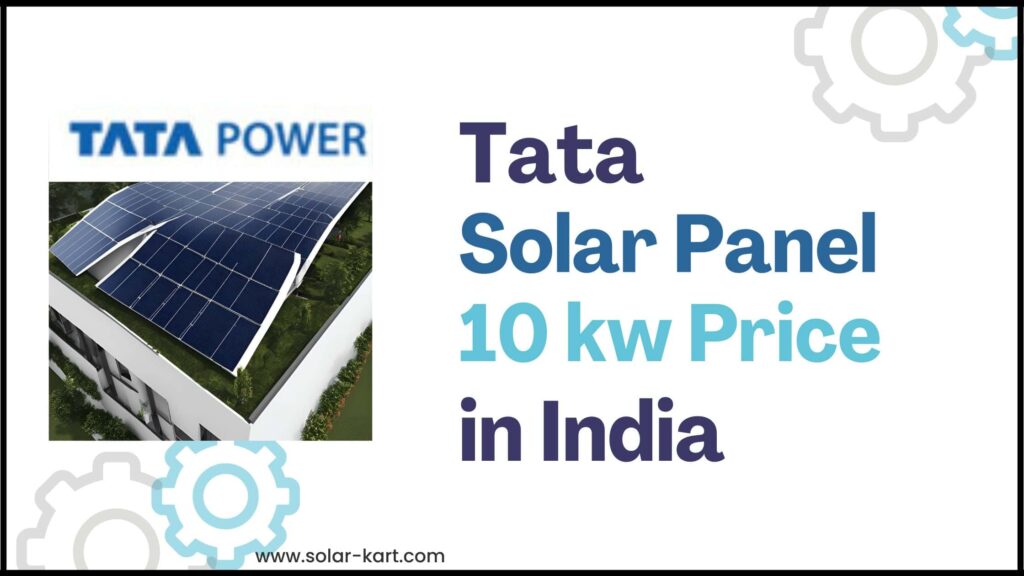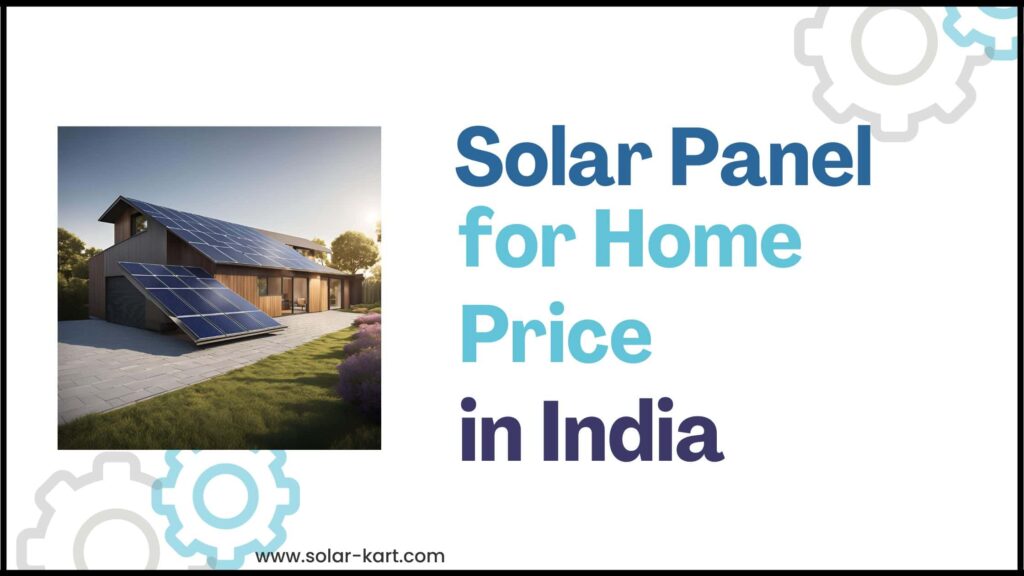Solar panels are one of the most efficient products that allow to collect solar energy. They have the effect of lowering the electricity charges and are environmentally friendly.
But which type of solar panel is best for you? this is the question. But you don’t have to worry about that.
However, with all these various types in the market, how do you go about making a decision on the right one to use? In this article, we will discuss about various types of solar panels and try to provide you with the best suitable solution for your need.
Types of Solar Panels
There are three main types of solar panels:
- Monocrystalline Solar Panels
- Polycrystalline Solar Panels
- Thin-Film Solar Panels
Each type has its own strengths and weaknesses. Let’s look at each type in more detail.
1. Monocrystalline Solar Panels
Overview
Monocrystalline solar panels are made from a single, pure silicon crystal. They are known for their high efficiency and sleek design.
Advantages
- High Efficiency: Monocrystalline panels have the highest efficiency rates, usually around 15-20%. This means they can convert more sunlight into electricity compared to other types.
- Long Lifespan: They last the longest, often up to 25 years or more.
- Space-Efficient: Because of their high efficiency, you need fewer panels to generate the same amount of power.
Disadvantages
- Cost: They are the most expensive type of solar panels.
- Performance Drop: Their performance can decrease slightly in hot temperatures.
2. Polycrystalline Solar Panels
Overview
Polycrystalline solar panels are made from many silicon crystals melted together. They are sometimes called “multi-crystalline” panels.
Advantages
- Lower Cost: Polycrystalline panels are cheaper to produce, so they are usually less expensive than monocrystalline panels.
- Decent Efficiency: They have a good efficiency rate, typically around 13-16%.
- Less Waste: The manufacturing process produces less waste compared to monocrystalline panels.
Disadvantages
- Lower Efficiency: They are less efficient than monocrystalline panels, so they need more space to produce the same amount of power.
- Less Aesthetic: They have a blueish tint, which some people find less attractive.
3. Thin-Film Solar Panels
Overview
Thin-film solar panels are made by placing one or more layers of photovoltaic material on a substrate. They can be made from various materials, including cadmium telluride and amorphous silicon.
Advantages
- Flexibility: Thin-film panels are flexible and lightweight, making them ideal for special applications like rooftops that can’t support heavy panels.
- Better in High Temperatures: They perform better in hot conditions compared to crystalline silicon panels.
- Uniform Appearance: They have a uniform look, which can be more aesthetically pleasing for some installations.
Disadvantages
- Lower Efficiency: They have the lowest efficiency rates, usually around 7-13%.
- Shorter Lifespan: They tend to degrade faster and have a shorter lifespan.
- More Space Needed: Due to their lower efficiency, they require more space to generate the same amount of power as crystalline panels.
Factors to Consider When Choosing a Solar Panel
Efficiency
Efficiency is a key factor. If you have limited roof space, higher efficiency panels like monocrystalline might be the best choice. They can generate more power per square foot.
Cost
Your budget will also play a great role in influencing your final decision. Monocrystalline are the most effective but they also cost more compared to the other types of panels. Polycrystalline panel provides an effective cost per watt rating which is a measure of the efficiency of the product. Thin-film panels are typically the least expense, but they take up more room and could have a shorter lifespan.
Space
Look at the size of the area where you will be installing the fixtures. If space is not an issue, you might opt for polycrystalline or thin-film panels, which are cheaper but need more area.
Climate
Try to consider the climate in the area where you live. Leather thin film panels are suitable for hot environments. If you live somewhere which is warm they might be fine. Still if one lives in an area with little sunshine, then monocrystalline types will be more appropriate for use because of their enhanced efficiency.
Aesthetics
The appearance of the panels might be important for you. Monocrystalline panels are usually black and sleek. Polycrystalline panels have a blue hue, while thin-film panels offer a uniform look.
Which Solar Panel is Best for You?
The best type of solar panel depends on your specific needs and circumstances. Here’s a quick guide to help you decide:
- If you have limited space and need high efficiency: Monocrystalline panels are the best choice. They provide the most power per square foot.
- If you are on a budget and have ample space: Polycrystalline panels are a good option. They are less expensive but still offer decent efficiency.
- If you have a special application or live in a hot climate: Thin-film panels might be the best. They are flexible, lightweight, and perform well in high temperatures.
Conclusion
There are factors that can help you decide which solar panel type to get and they include efficiency, cost, available space, the climate, and aesthetics. Monocrystalline panels are considered very efficient and to have a very long lifespan but are quite expensive.
The polycrystalline silicon panels are inexpensive and offer reasonable efficiency in performance. Thin-film panels are light and can effectively operate under high heat while having lower conversion rates and shorter durability.
In this way, making a decision of choosing an appropriate solar panel depends on your particular circumstances and requirements. If you are careful, solar energy is a wise decision and the correct panel will guarantee that you get the best return on your investment and the smallest carbon footprint.



